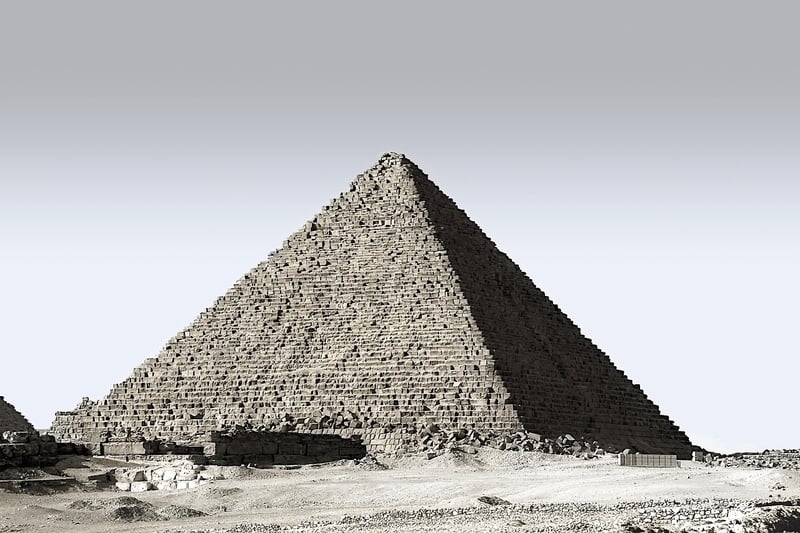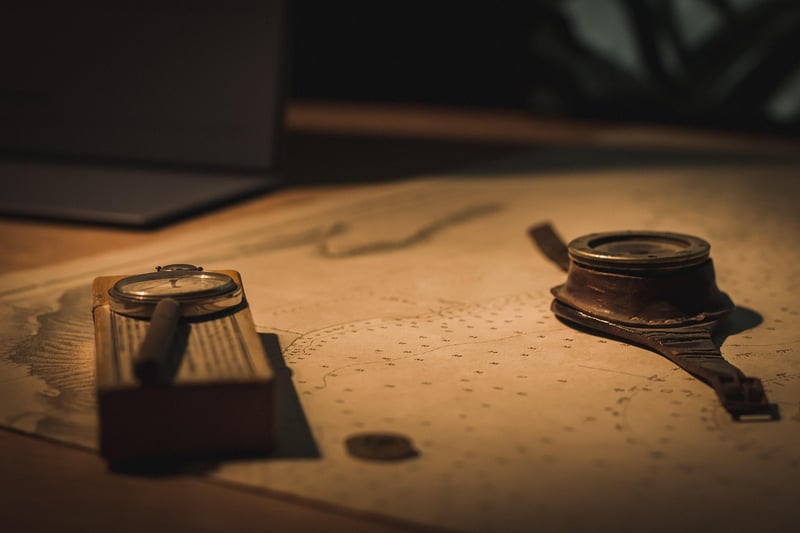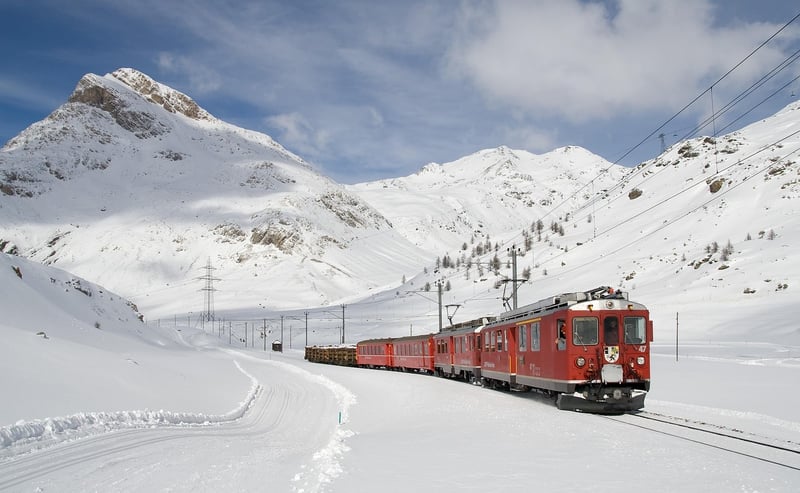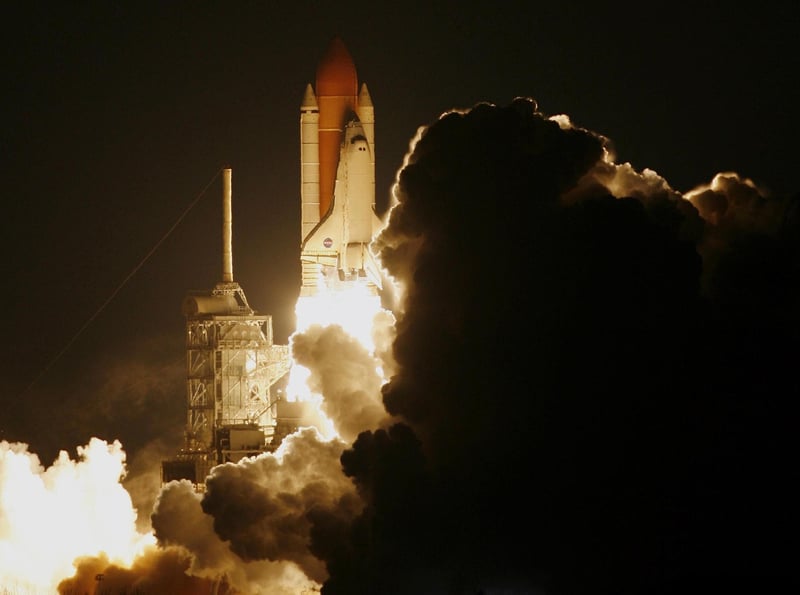Future Exploration
Exploring Different Eras and Future Exploration
Introduction
Exploring different eras and looking towards future exploration is a fascinating journey through time and space. From ancient civilizations to modern technological advancements, humanity's quest for discovery and knowledge has shaped our world in remarkable ways.
Ancient Era
In the ancient era, civilizations like the Egyptians, Greeks, and Romans laid the foundation for exploration. They built magnificent structures, developed complex societies, and navigated the seas in search of new lands.

Medieval Era
The medieval era saw the rise of exploration through trade routes like the Silk Road and the Age of Discovery. Explorers like Marco Polo and Christopher Columbus expanded horizons, connecting distant lands and cultures.

Industrial Era
The industrial era brought advancements in technology and transportation, fueling exploration further. The invention of steam engines and railways revolutionized travel, leading to expeditions to the far reaches of the globe.

Modern Era
In the modern era, space exploration became a reality with missions to the moon, Mars, and beyond. Organizations like NASA and SpaceX push the boundaries of human exploration, inspiring future generations to reach for the stars.

Future Exploration
The future of exploration holds limitless possibilities. From deep-sea expeditions to interstellar travel, advancements in technology like AI, robotics, and sustainable energy will pave the way for new frontiers to be explored.

Conclusion
Exploring different eras and looking towards future exploration showcases humanity's insatiable curiosity and drive to discover the unknown. As we continue to push the boundaries of knowledge and innovation, the possibilities for exploration are endless.
Let's embark on this journey together, where the past, present, and future converge to inspire the explorers of tomorrow.
